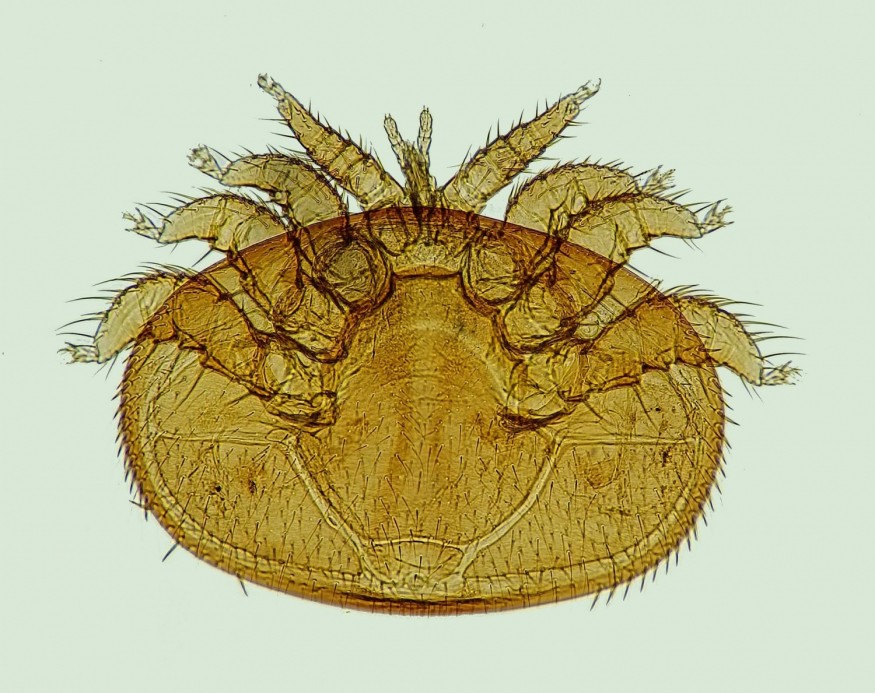Zoonotic viruses will not be the only way future pandemics could unfold. Other experts are now suggesting that parasites could introduce the next wave of global threats, working in tandem with both climate change and environmental degradation.
As the world is racing to vaccinate against COVID-19, many environmental protection advocates continue to use the pandemic as hard evidence that the destruction of ecosystems eventually leads to such viral outbreaks.

Studying parasites - Where science and medicine meet
One of the most interesting things about parasites is not just the specimens themselves but also the way most studies on them are focused. For most people, including the many experts, they are seen as either a threat or at least a means to an end.
For instance, some flatworms would infect the brains of fish all just so that they could reach the bellies of predators that eat their hosts (such as birds and humans). Despite this, there is still not enough research regarding the role of many naturally-occurring parasites that are found within various ecosystems.
It is only when these parasites begin transmitting disease or becoming an invasive problem that they draw the attention of academic study.
This needs to change, at least according to some who think that the upcoming climate crisis could affect native parasites in ways that could bring about a repeat of the 2020 crisis.
Parasites within ecological context
When ecosystems change, the way parasites transfer between hosts also change with them. That is why it has become increasingly important to see how parasite populations currently operate in a given environment and how man-made activity may affect their spread.
Below are just three scenarios that recent studies have been looking into:
Parasites as vectors
In one study, some strains of the parasite Leishmania have been proven to carry virus strains that could actually trigger severe responses from the immune system. However, as human activity continues to displace different animal species, it is also possible that other viral parasites could be brought closer to civilian populations.
Parasites as part of the food web
Another interesting thing about parasites is the way they fit in the food web: Most studies still don't factor them in.
Many researchers are now realizing that this could potentially create a lot of blindspots in their understanding of ecosystems. For example, if a parasite favors a particular species as its host and that species falls into decline, what will it mean if it decides to seek out other native flora or fauna as alternatives?
Parasites mutating in hosts
Now, on rare occasions, some parasites could even mutate inside their hosts and fundamentally alter their symbiotic relationship. Whether or not this is good news will depend entirely on the host species as well as how it will impact their populations in the ecosystem.
In all of the three scenarios, the looming challenge of climate change and man-made environmental impact will play a big role (if it has not set a lot of things in motion already).
With thousands of different parasite species all playing an active role in the entire biosphere, it may be time to take research into them more seriously or else the next global upheaval could be from them.
Also read : Shocking Discovery! Scientists Identify Link Between Cat Parasite and Brain Cancer in Humans
© 2025 NatureWorldNews.com All rights reserved. Do not reproduce without permission.





